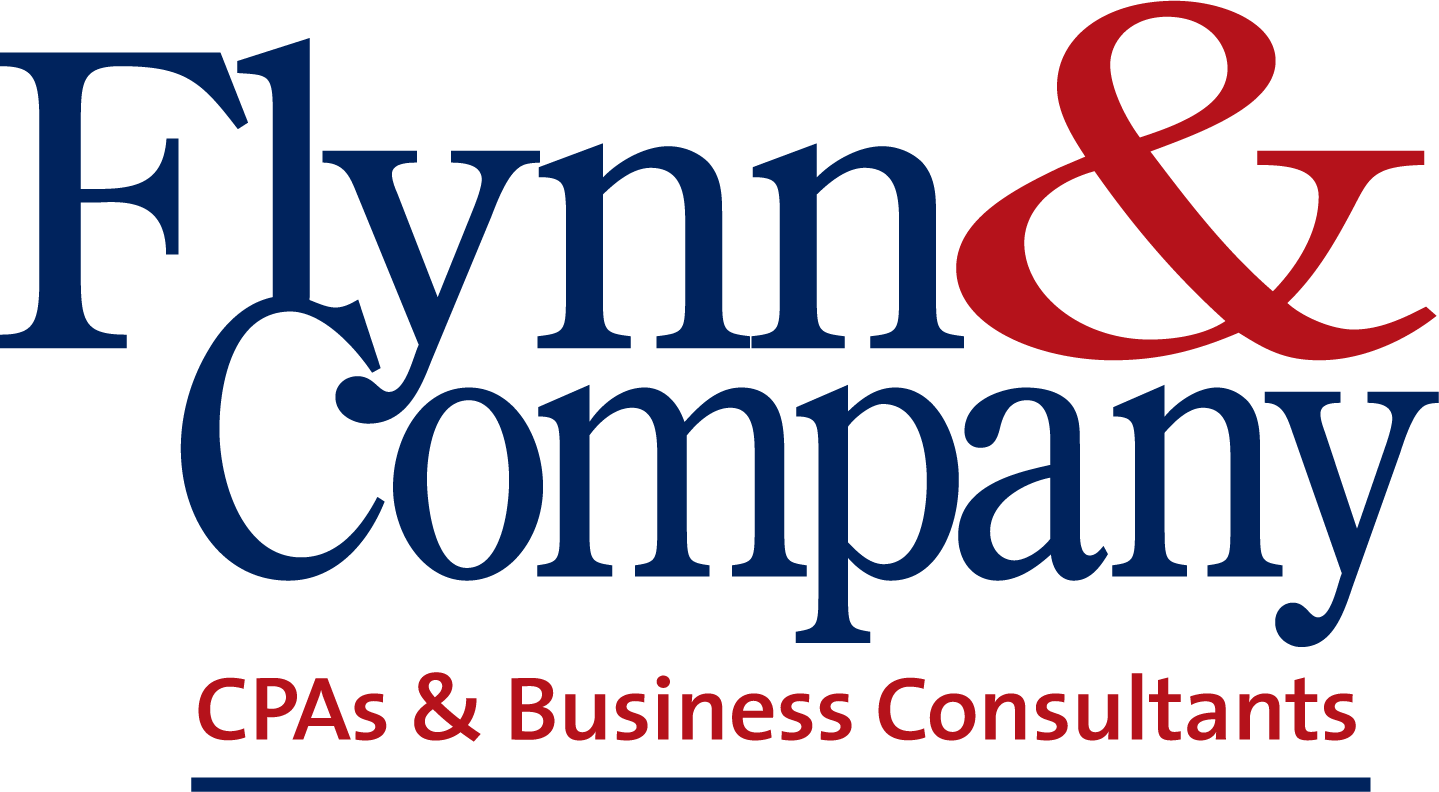10 Overlooked Tax Deductions (Write Offs) for Businesses
Written by: Flynn & Company

Understanding the complexities of small businesses tax deductions (write-offs) can save small businesses like yours a lot of money at tax time and free up much-needed capital to grow your company. Below, we explore some underutilized write-offs you probably didn't know about.
Key Takeaways
- Discover tax deductions that can significantly reduce your taxable income.
- Learn how to maximize returns and invest more into growing your business.
- Ensure you are not missing out on any potential savings during tax season.
10 Tax Deductions for Business Owners
1. Startup Costs
Many entrepreneurs spend money to start their businesses before they open and either fail to keep records or don't know that they can deduct these preparation costs. The IRS considers startup costs to be capital expenditures, which you can deduct up to a certain amount over a 180-month amortization period after the business opens.
2. Taxes, Interest, Fees, Charitable Contributions: The Oft Forgotten Small Businesses Tax Deductions
Business-related credit card interest, bank fees, charitable contributions, and taxes could be overlooked when doing taxes because some of these amounts may be relatively small and spread across several accounts. However, they can add up, so don't forget them.
3. Wages and Payroll Taxes
Depending on your business structure, if you pay yourself a salary instead of taking distributions, you can save on self-employment taxes and claim deductions on payroll.
4. Retirement Plan Contributions
As a self-employed person, you may already be aware that you can contribute to your traditional IRA to reduce your tax bill, but only up to a set limit. You may also qualify for a Simplified Employee Pension (SEP) plan, which has a much higher limit, allowing you to maximize your retirement savings and lower your tax bill now. The good news is you can do both. So, if you have already maxed out your IRA this year, you could start contributing to a SEP.
This is also a great way to support your team and offer competitive benefits. Contributing to your employee's SEPs is also deductible.

5. Bad Debt
Do you have accounts payable that you know you will never collect on? You can include these in deductions. However, if in the future that debt is paid, you are required to file it as bad debt recovery in the future. In business, it can be beneficial to have that savings now, even if you may have to give it back in the future, as long as the debt is truly a bad debt.
6. Home Office Expenses
If you use a portion of your home exclusively for business purposes, be it administrative, storage, seeing clients, filming tutorials, or housing inventory, that space is a home office for which you can claim significant deductions up to a current limit of 300 square feet. If more than one person runs a business out of your home, as might be the case if you and your spouse are self-employed with your own businesses, you can not claim the same space as a deduction and cannot collectively exceed the limit. However, you can each have a dedicated home office write-off.
7. Education and Training
Many costs for formal education and training that enhance your employees' skills are partially or fully deductible. For example, the American Opportunity Tax Credit allows you to pay for and deduct a certain portion of tuition you pay for an employee, offering you another opportunity to offer competitive benefits while also reducing your tax bill. You can also deduct certain expenses for your own education and training if it benefits your business.
8. Marketing and Advertising
This one is probably no surprise. Expenses for marketing and advertising are fully deductible, helping you expand your customer base while managing costs. However, one you may not have considered is sponsoring a team or event for advertising purposes. This one can be tricky, so it's important to seek the professional advice of your accountant, but some or all of it may be deductible.
9. Travel and Business Entertainment

This is another category where you can experience significant tax savings, but you must ensure you understand what's deductible. Travel expenses could include:
- Airfare, train tickets, car mileage, taxi fare
- Shipping or transporting equipment to a site
- Lodging and meals
- Dry cleaning and laundry
- Tips
These expenses must be ordinary and reasonable, and you must be traveling from your usual place of work for more than a typical workday but less than a long-term assignment. This must be for work reasons. For example, traveling out of state to work by a hotel pool for a few days without a business-related reason to travel is not a work reason.
Entertainment may only be deducted when you are entertaining a client, customer, or employee. Examples could include:
- Nurturing leads at a nightclub
- Buying a client theater or sports tickets
- Hosting a fishing trip for team building
- Taking a long-time client out to dinner
However, it's important to draw a distinction. Bumping into a client while enjoying dinner with your family and talking business for a couple of minutes would not suddenly make it an entertainment expense. Similarly, buying your executives lunch where you only casually discuss work would not be deductible. The primary purpose in both cases is not work-related.
10. Health Insurance Premiums
Depending on your
business structure, you may be able to deduct health insurance for yourself, your family, and your employees. If your business is an LLC and it pays premiums, you will have special tax reporting requirements, but it still amounts to more tax write-offs for you.
Bottom Line
By taking advantage of these often overlooked tax deductions, business owners can significantly reduce their tax liability, freeing up capital to reinvest in the business and fuel growth. However, navigating the complexities of tax deductions requires a nuanced understanding of tax laws. At Flynn & Company, we specialize in helping businesses like yours maximize their tax advantages. Let us guide you through the intricacies of business tax deductions to optimize your financial strategy. Contact us to see if you might be missing some important write-offs.





